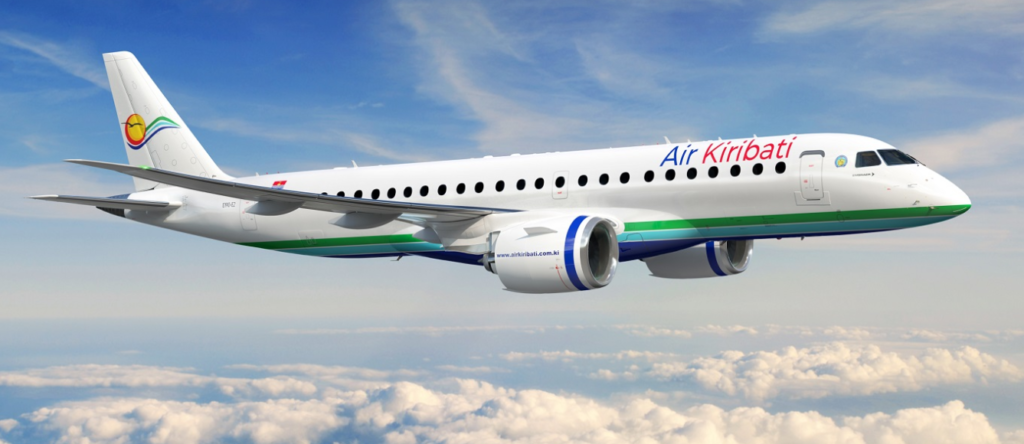Embraer Signs Agreement With Air Kiribati For Up to 4 E190-E2
Singapore, December 19, 2018 – Embraer has announced the signing of a contract with the Government of Kiribati, in partnership with their national airline, Air Kiribati, for two firm orders for the E190-E2 E-Jets and…
